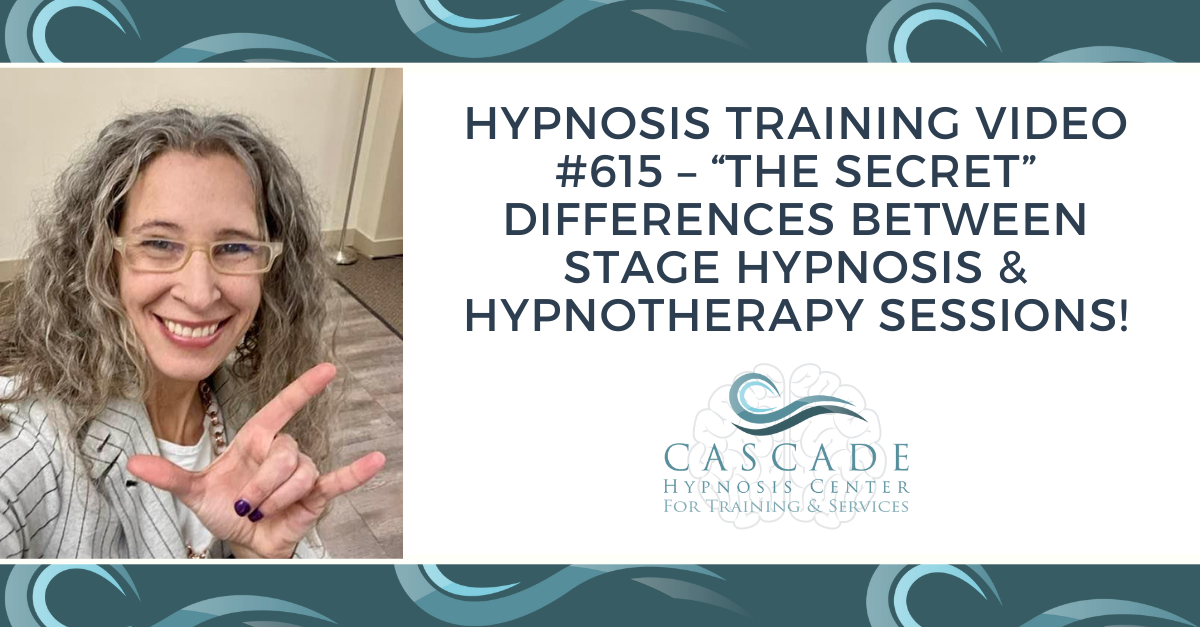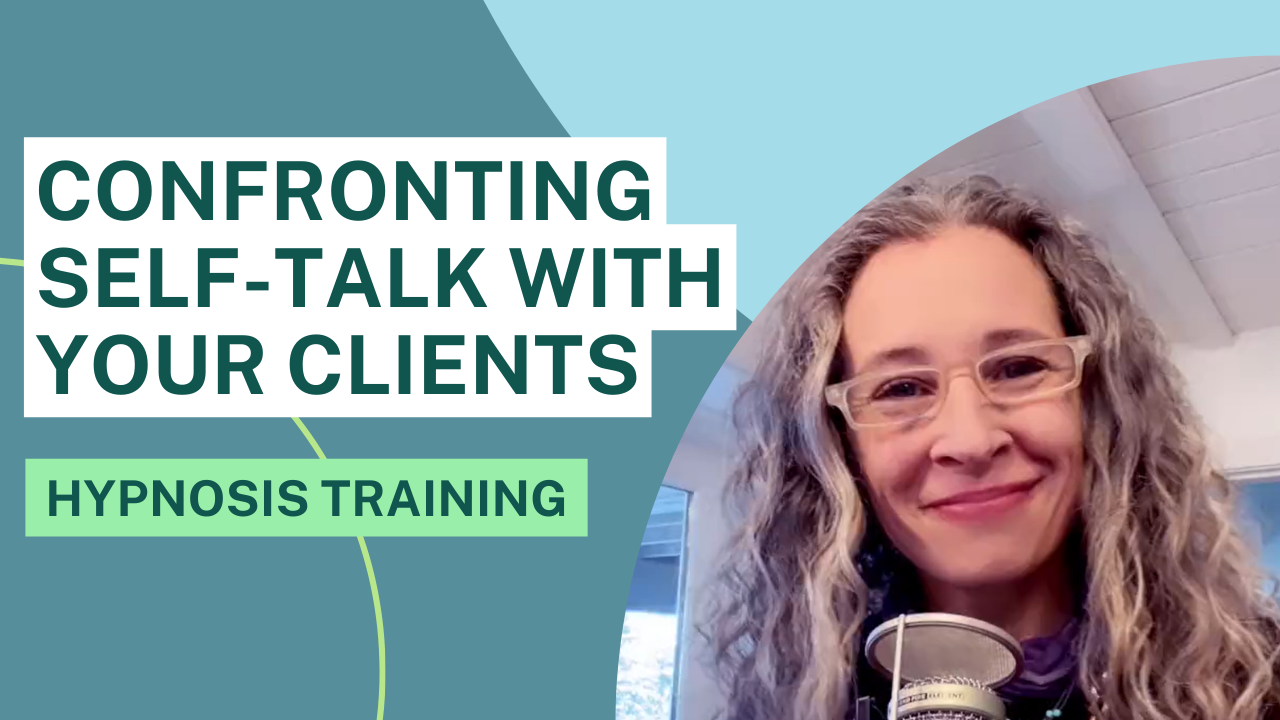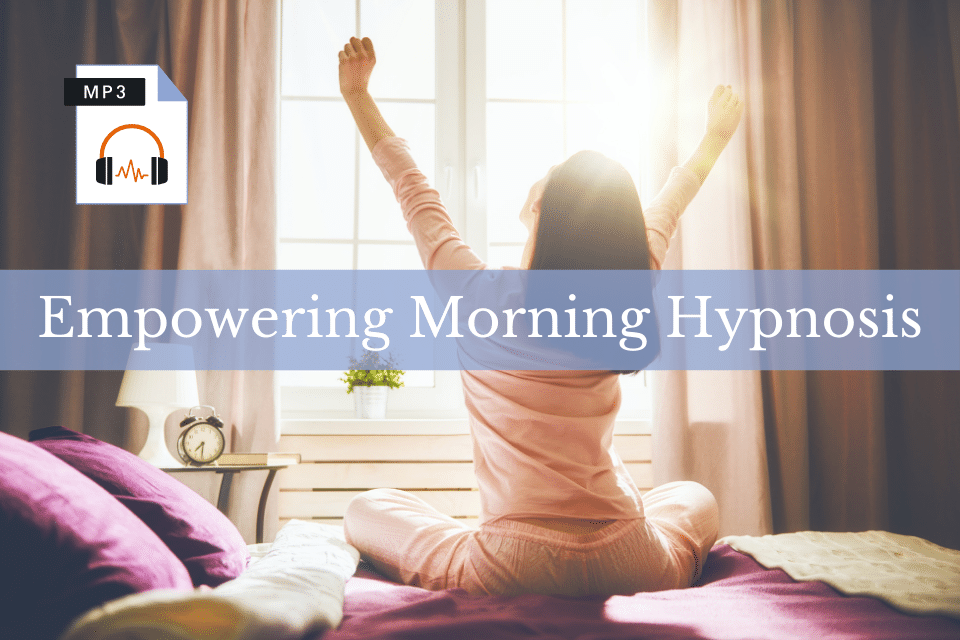What Are the Best Questions to Ask Your Hypnosis Clients?
By Erika Flint, BA, MCPHI, BCH, OB
Originally published in the Journal of Hypnotism
Quick – what's your favorite food? Now that you have the answer, consider what was happening in your mind while you were coming up with it. Did you think of anything else? Likely not. And the reason is that questions are captivating.
Questions are a unique form of communication – they hook the mind. They narrow our focus. And they are highly compelling.
Why do questions work so well? The attention is on the audience - the reader, the client. You are not passively listening; you are being asked for input.
Questions create engagement and connection and strengthen rapport
Compassion and curiosity are the drivers of great questions. And when we are curious about our client's experience and how we can help them, our interest strengthens rapport and connection.
Asking the right questions help us get clarity on our client's issue, and the desired outcome
And asking the right questions can help us make sure we are working on the right problem with our clients. Working on the right problem gets them the results they came in for, which in turns helps our practice grow.
The Strategy – start general, and move to more specific and clarifying questions
The strategy I recommend is to start with general and open-ended questions. Then ask more specific questions. In the end, you should have clarity on what your client wants help with, what they want to be different, and how they know when they've achieved it.
The Top 9 Questions
What brings you into the hypnosis office today?
This is an obvious and standard question. There are many variations on this question that are equally useful, so modify based on your location and need. It's open-ended and broad enough to allow our clients to tell us why they are seeking hypnosis services. The more interesting question is the follow-up question, below.
How is that impacting your life?
This is a powerful question. It helps our clients consider the cost is of not solving their problem. It's more precise and specific than the previous question. The answers to this question can help you understand what results your client is looking for. For example, if your client reports they're not sleeping well, then getting better sleep is likely part of their desired outcome.
Why now?
This is another question that provides more precise insight into what's going on with our clients. Consider, if our clients have struggled with something for years – why now? There's often a very compelling reason why now that you will want to make a note of.
If you could resolve only one of these issues, which would have the biggest positive impact on your life?
This is a useful question for clients who present with a list of issues. And many of our clients have many issues! It's important to focus on the primary issue that will have the most significant impact on their life. If we try to work on too many problems at once, we'll likely get mediocre results for our clients. Focusing on the right issue is vital.
How do you want (things) to be instead?
This is a powerful and important question for our clients. Many of them are only considering how things are, not how they want them to be. So don't be surprised if your client says, "I really don't know." And they don't. They've been focusing on their issue, the problem state, for so long, they haven't considered their desired outcome.
And if they do say that, don't let them get away with it! This is the first issue for your client to resolve – helping them consider, and initiate in their subconscious mind, how things can be different. Getting a solid answer to this question creates hope in the minds of our clients.
If you weren't so (stressed all the time) how would you be? Or what would you be doing?
This is similar to the question above, with more precision. Again, it's likely they have not thought of this in a while, and that is why the question is so powerful and can offer our clients hope.
Standard responses I've received include, "well I'd probably start painting again. Actually, I haven't painted in a long time. I miss it". And right there not only did you put a little hope in your client's heart but now you also have a great hypnotic suggestion for your clients. Have them start painting again NOW; it will bring them peace.
How do you know?
This question helps our clients measure their results to ensure they're getting what they want. A standard desire for our clients is to obtain a generic or abstract feeling – for example, being "at peace," or "happier."
If we let our clients get away with that general response, we're not doing all for our clients that we can do.
Ask them a follow-up question so your clients can measure their results, "How will you know when you are more peaceful?" The answer will begin focusing your client's mind on getting that result. A client may report, "I'll know I'm more peaceful when I wake up refreshed in the morning and look forward to my day." And now you have a good hypnotic suggestion for your clients as well – "You wake refreshed in the morning, and look forward to your day."
What worked for you this week?
This is a useful question to ask your clients when you see them for follow up sessions. I always begin by what worked.
Note that your client will likely want to report the one thing that didn't go as well as they wished to, and overlook the ten other things that worked great. Our desire to communicate what didn't work is merely a biological construct called Negativity Bias. We are programmed to focus on the negative for our own survival.
Help your clients to shift their thinking to be more positively oriented, then address any elements that didn't go as well as planned and fine-tune your session based on their report.
What are your favorite client questions to ask?
In closing – take a moment now, and write down your favorite questions, and why they work.
The more engaging and precise questions we ask; the more clarity we'll have on what issues to focus on for our clients to get them great results in the hypnosis office.



